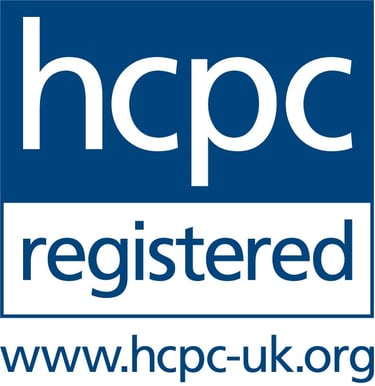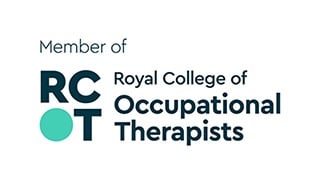Dandelions: Friend or Foe?
How Perspective Shapes Our Self-Beliefs
Helen Crossley
6/27/20253 min read


One of the worst bits of feedback I ever received was being told, “You’re too nice.”
At the time, it felt like a flaw. It was definitely meant as a request to be less nice... whatever that meant. It felt like a warning label slapped on my personality. But what if it was never actually the problem?
The comment came from an old boss, someone I thought I should listen to...?
“You’re too nice.” What was I supposed to do with that?
In the moment, I laughed awkwardly, but inside I felt a rush of confusion and shame and anger.
Wasn’t being nice a good thing?Did they mean I was weak? Naive?
Was I failing as a leader because I cared too much about people’s feelings?
For years, those words echoed in my mind, making me question myself.
I tried to toughen up, to be less ‘nice,’ but it didn’t feel authentic. I was battling against myself, trying to uproot something that was an innate part of who I was.
Friend or Foe? It’s All in How You See It
Just like in that moment, we all have traits we, (or others), tend to label as ‘good’ or ‘bad.’
People-pleasing? A weakness? Or a deep desire to connect and create harmony?
Imposter syndrome? A sign of insecurity? Or a reminder you’re stepping outside your comfort zone?
Overthinking? Draining, yes… but also a form of careful planning, when balanced.
It’s not the traits themselves that hold us back. It’s our perspective on them, the meaning we make.
When a Weed Becomes a Wish
Dandelions are a perfect example.
Adults often see them as stubborn weeds to dig out. But children? They see magic—wish-carriers, something to blow on and dream with.
Our inner ‘foes’ can be like those dandelions—misunderstood gifts.
Reframing: Turning Foes into Friends
Eventually, I realised that being ‘too nice’ wasn’t my problem. It was theirs.
My real struggle was with how I saw it.
I thought I had to choose between kindness and strength. But the truth is, I can be both.
This mental shift didn’t happen overnight.
It was a journey of self-awareness, hard-earned wisdom, and the powerful support of Coaching and EFT (Emotional Freedom Techniques), where I learned to calm my long-standing automatic stress response—and to let go of harsh self-judgment.
When I tapped on the belief, “Even though I’ve been told I’m too nice and I worry this is a bad thing, I deeply and completely accept myself,” I felt something change.
Instead of fighting my kindness, I started to see it as a gift—one I could use wisely.
EFT: A Tool for Shifting Perspective
EFT is more than just tapping on pressure points. It’s a way to gently shift your mindset.
When you tap, you’re not just calming your body—you’re giving yourself permission to see things differently.
We begin by acknowledging your current feelings and situation. That acknowledgement—done with compassion—is key.
Then we begin to gently explore alternative perspectives. For example:
“Is it really a bad thing to be nice? Being nice shows up in my empathic style. People flourish under compassionate leadership.”From there, we explore possibilities:
“What if I can be strong and kind? What boundaries can I (or do I already) hold that support both?”
If you’ve been battling against a part of yourself, EFT can help you pause, breathe, and ask:
“What if this isn’t a flaw? What if it’s the meaning I’m making that needs to shift?”
Reclaiming Your ‘Foes’ as Friends
What if the traits you dislike most about yourself are simply misunderstood?
Maybe they were survival strategies once—but with a new perspective, they can help you thrive.
· People-pleasing can signal a deep care for others.
It often means you’re a thoughtful listener who wants to create harmony. It doesn’t mean you have to lose yourself in the process—healthy boundaries can keep your care grounded in authenticity.
· Imposter syndrome can become a critical friend.
Rather than holding you back, it can be a sign you’re growing and stretching beyond your comfort zone. When met with curiosity (not judgment), it can support your development.
· Overthinking can evolve into mindful planning.
It reflects your ability to think deeply and prepare carefully. With self-awareness, you can set boundaries around your thinking—giving yourself permission to pause, act, or trust your instincts when it’s time to move forward.
Would You Like to See Your ‘Foes’ Differently?
If you’ve ever felt stuck in self-doubt, overwhelmed by your ‘flaws,’ or unsure how to accept yourself fully—I get it. I’ve been there.
But I also know that freedom is possible—not by changing who you are, but by changing how you see yourself.
🌼 Your ‘flaws’ might just be misunderstood strengths waiting to be seen.
🌱 If you’re ready to make peace with who you are and uncover your true potential, I’m here to help.
👉 What’s one trait you’ve been battling that might actually be a strength? Get in touch for a no obligation chat and cuppa, if you're curious to explore how EFT can support you.




